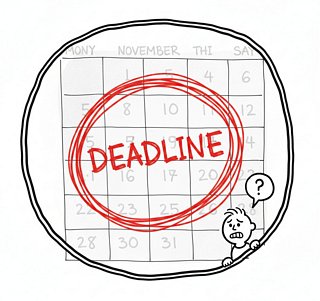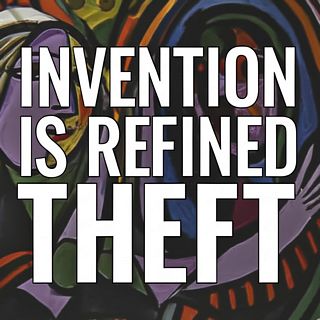 When stress hits, lowering your standards and aiming for “just enough” can be a game-changer. Perfectionism only piles on the pressure, so ease up. By lowering your expectations, you make tasks more manageable and reduce the mental load.
When stress hits, lowering your standards and aiming for “just enough” can be a game-changer. Perfectionism only piles on the pressure, so ease up. By lowering your expectations, you make tasks more manageable and reduce the mental load.
Perfection is overrated. Focus on progress, not perfection. Giving yourself permission to do “just enough” creates space for a mental break and helps you stop chasing unrealistic standards. Chasing unattainable goals leads straight to burnout. Accept that “good enough” is enough. This allows you to maintain energy and avoid exhaustion while keeping your focus on what really matters.
Lowering your standards is an act of self-compassion. You’re not a robot. It’s okay to step back from perfection—your well-being depends on it. But remember, it’s a temporary fix. Don’t make a habit of it or you’ll stall your growth.
 News of a death often arrives on its own schedule, sometimes long after the moment itself, carrying the quiet weight of something that still matters. Many people, confronted with that delay, retreat into silence, convinced the chance to acknowledge the loss has passed.
News of a death often arrives on its own schedule, sometimes long after the moment itself, carrying the quiet weight of something that still matters. Many people, confronted with that delay, retreat into silence, convinced the chance to acknowledge the loss has passed. Imposing fake deadlines
Imposing fake deadlines  Originality is often idolized, portrayed as a spark of genius that materializes out of thin air. But the truth is far more practical: most great ideas begin as refined imitation. Innovation isn’t rebellion; it’s mutation. It builds upon what has come before and reshapes it into something unexpected.
Originality is often idolized, portrayed as a spark of genius that materializes out of thin air. But the truth is far more practical: most great ideas begin as refined imitation. Innovation isn’t rebellion; it’s mutation. It builds upon what has come before and reshapes it into something unexpected. Dry January is marketed as a
Dry January is marketed as a  Procrastination isn’t just waiting—it’s the surrender of agency.
Procrastination isn’t just waiting—it’s the surrender of agency. Optimism’s useful—good for your mind, body, and well-being. But it’s not a cure-all.
Optimism’s useful—good for your mind, body, and well-being. But it’s not a cure-all. British comedian and The Vicar of Dibley star
British comedian and The Vicar of Dibley star  Disappointed? Hurt? Offended?
Disappointed? Hurt? Offended? Life’s a series of trade-offs; each choice has an opportunity cost—
Life’s a series of trade-offs; each choice has an opportunity cost—